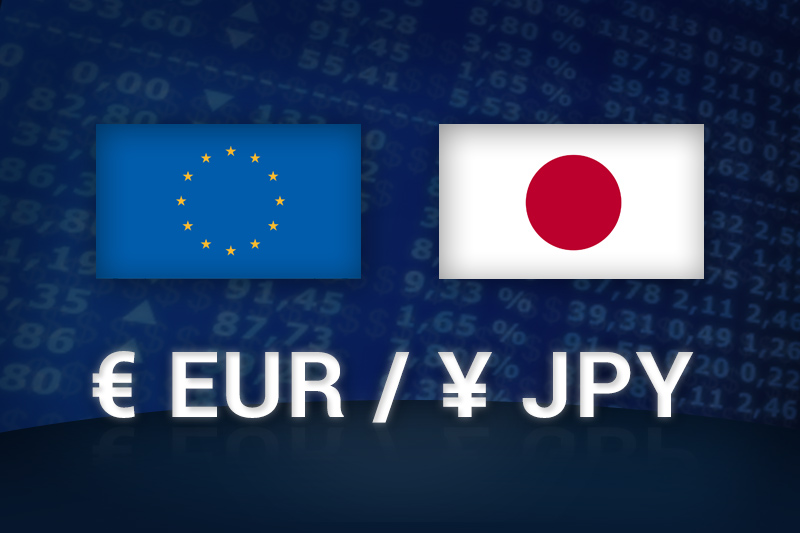Investing.com’s stocks of the week
Investing.com - The euro fell to a three-month low against the yen on Monday, as sustained worries over Greece’s political uncertainty and its potential exit from the euro zone sent the single currency broadly lower.
EUR/JPY hit 102.35 during European afternoon trade, the pair’s lowest since February 15; the pair subsequently consolidated at 102.47, declining 0.76%.
The pair was likely to find support at 101.64, the low of January 28 and resistance at 103.36, the session high.
Sentiment on the euro came under broad selling pressure as talks aimed at forming a coalition government in Greece remained at an impasse, fuelling fears that a fresh round of elections is becoming inevitable and casting the country’s ability to uphold its fiscal commitments into doubt.
Meanwhile, concerns over the health of Spain’s banking system persisted, pushing the yield on Spanish 10-year bonds to 6.27%, the highest level since December after the country sold EUR2.90 billion of 12-month and 18-month bonds, in an auction which saw short-term borrowing costs rise.
Italy also raised a total of EUR5.25 billion euros in an auction, meeting the top of a planned issue range of EUR3.50-5.25 billion euros, at an average 3.91% yield, the highest since January but below market levels of around 4% at the time of the auction.
Adding to concerns, official data showed that industrial production in the euro zone unexpectedly declined 0.3% in March, against expectations for a 0.4% increase, adding to fears over the health of the region’s economy.
Elsewhere, the yen was higher against the U.S. dollar with USD/JPY shedding 0.18%, to hit 79.79.
Later in the day, European Union finance ministers were to hold talks in Brussels. In addition Greece’s president was due to hold last-ditch cross party talks in an attempt to avert fresh elections.
EUR/JPY hit 102.35 during European afternoon trade, the pair’s lowest since February 15; the pair subsequently consolidated at 102.47, declining 0.76%.
The pair was likely to find support at 101.64, the low of January 28 and resistance at 103.36, the session high.
Sentiment on the euro came under broad selling pressure as talks aimed at forming a coalition government in Greece remained at an impasse, fuelling fears that a fresh round of elections is becoming inevitable and casting the country’s ability to uphold its fiscal commitments into doubt.
Meanwhile, concerns over the health of Spain’s banking system persisted, pushing the yield on Spanish 10-year bonds to 6.27%, the highest level since December after the country sold EUR2.90 billion of 12-month and 18-month bonds, in an auction which saw short-term borrowing costs rise.
Italy also raised a total of EUR5.25 billion euros in an auction, meeting the top of a planned issue range of EUR3.50-5.25 billion euros, at an average 3.91% yield, the highest since January but below market levels of around 4% at the time of the auction.
Adding to concerns, official data showed that industrial production in the euro zone unexpectedly declined 0.3% in March, against expectations for a 0.4% increase, adding to fears over the health of the region’s economy.
Elsewhere, the yen was higher against the U.S. dollar with USD/JPY shedding 0.18%, to hit 79.79.
Later in the day, European Union finance ministers were to hold talks in Brussels. In addition Greece’s president was due to hold last-ditch cross party talks in an attempt to avert fresh elections.
